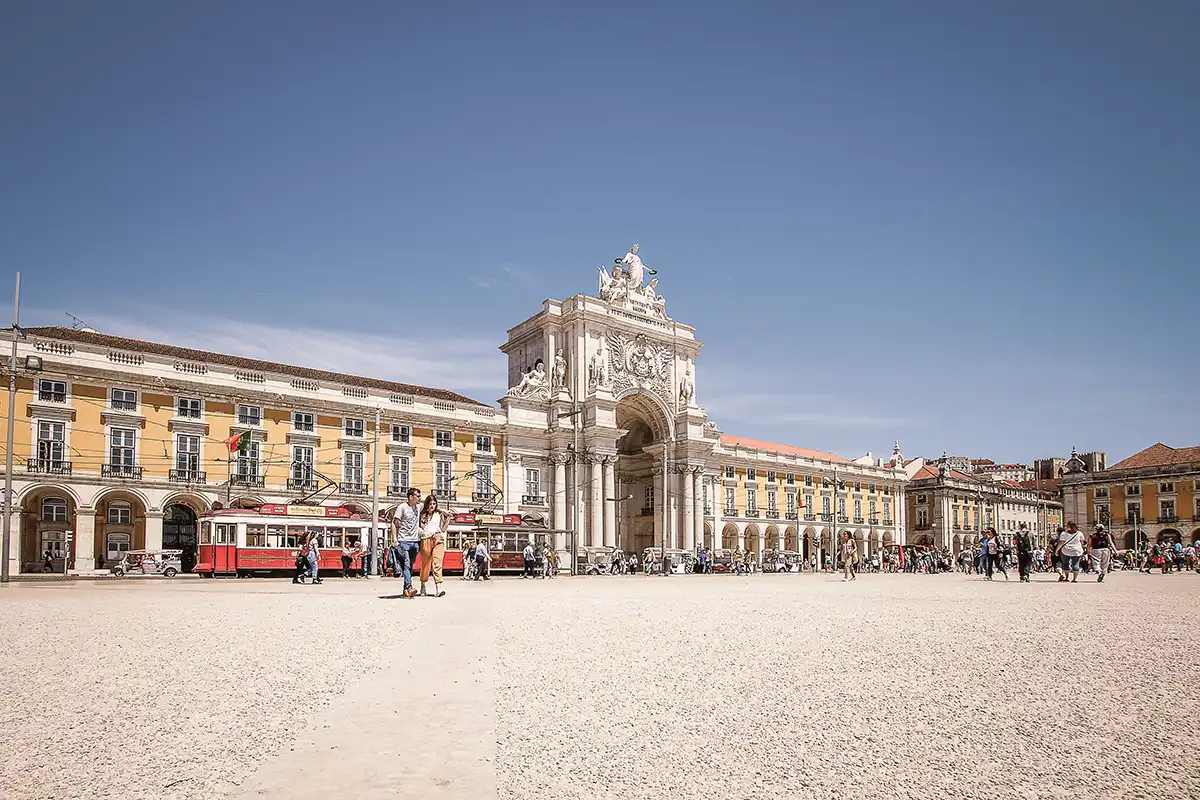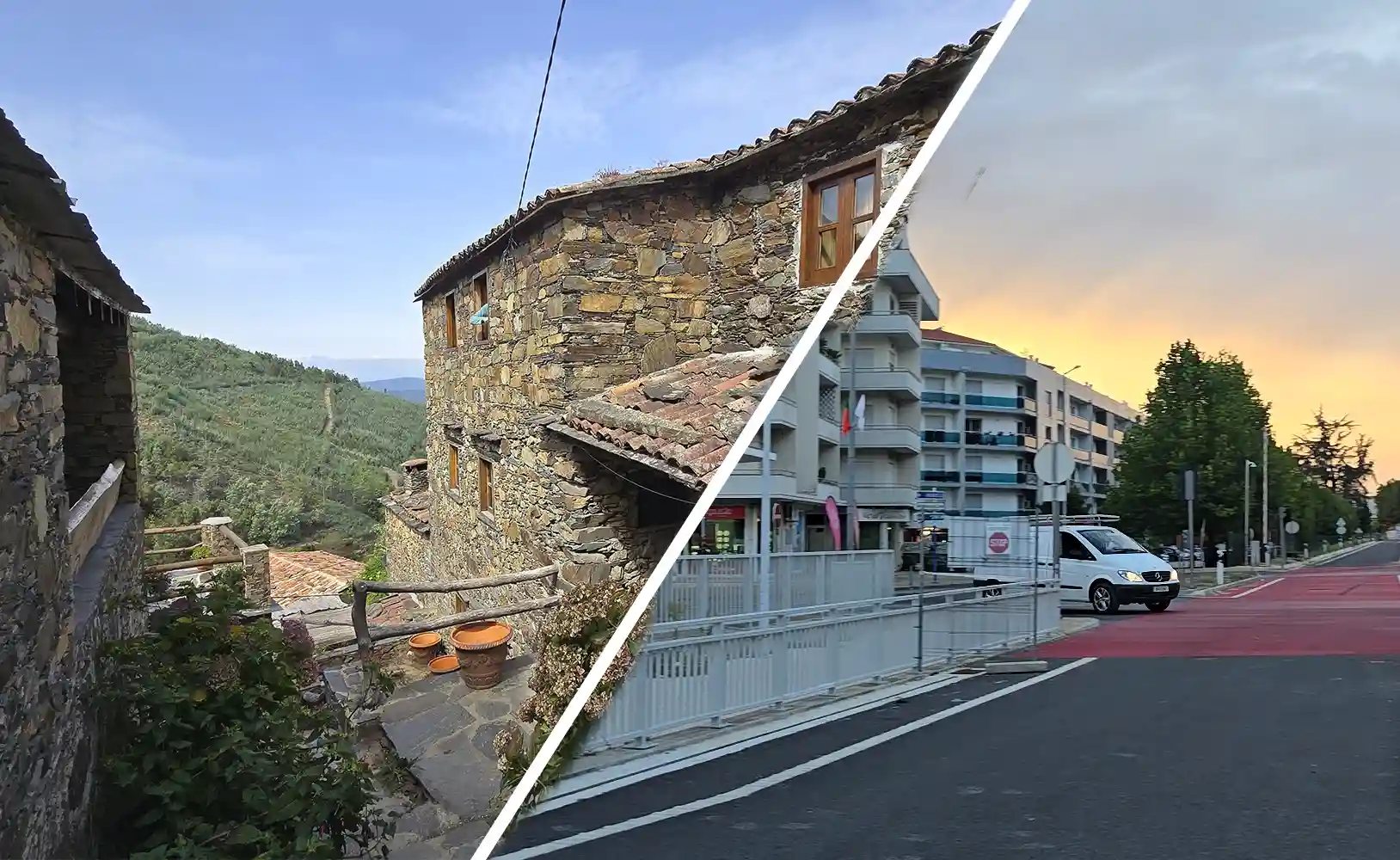If you’ve been following the news in Portugal lately, you’ve probably heard about the recent municipal elections and the ongoing debates around immigration and housing laws. For anyone considering a move to Portugal, it’s natural to wonder what all this means — and whether there’s any reason to worry.
Let’s break down what’s happening and what it could mean for expats, property buyers, and anyone planning to settle here.

Municipal Election Results: Stability Wins Again
Portugal held its municipal elections on October 12, 2025. These elections decide who governs each town or municipality. The results were, in many ways, predictable — but still offered a few surprises.
Portugal’s political scene is known for being quite stable. That stability brings both good and bad. On one hand, it means safety and predictability. On the other, it can lead to stagnation and a lack of new ideas.
In recent years, the far-right party Chega has gained attention for its rapid rise. This worried many, especially outside Portugal, as it echoed trends in other parts of Europe. But the latest results show that while Portuguese voters are frustrated with the long-standing main parties, they don’t necessarily support far-right policies.
Chega won only three town halls and received around 10–12% of the vote, a weak result compared to earlier expectations. This suggests that while voters want change, they still value moderation and balance.
The two dominant parties — PS (Socialist Party) and PSD (Social Democratic Party) — remained on top, though with modest results. PS secured around 28.5%, while PSD, with its coalitions, ended up near 24%. A smaller party, CDU, managed to win twelve town halls, and twenty independents also took office.
In short, nothing drastic is expected to change in the coming months. The new mayors will only take office in January 2026, keeping things steady for now.
One concerning number was voter turnout: 40.75% abstention. Nearly four in ten eligible voters didn’t participate — a common but troubling trend in Portugal’s elections.
Immigration Law Updates: What’s Changing and What’s Not
Now for the topic many expats are watching closely — immigration.
Portugal’s government recently debated new immigration policies, including a controversial proposal about family reunification. The initial draft suggested a two-year waiting period before family members could join residents in Portugal. This sparked backlash, as many considered it unconstitutional.
The Constitutional Court has since ruled against the original version. A revised proposal now states that the waiting period does not apply to legally married spouses, minors, or dependent parents — as long as the marriage is recognized under Portuguese law and the couple has lived together for at least one year.
However, adult children and independent relatives would still face a two-year wait, unless they can prove financial or physical dependency.
The government also plans to require proof of sufficient income and housing to support family members — a reasonable step meant to ensure stability for those relocating.
In practice, delays are already common. Even without new laws, residency approvals and family reunification applications often take nine months to over a year due to understaffed public services. While the government claims it will now set a nine-month deadline for these processes, many locals are skeptical about whether that target will be met.
Recent Presidential Approval and Further Details
As of October 16, 2025, Portugal’s President has approved the latest version of the immigration law.
One of the main changes concerns visa applications for citizens of Portuguese-speaking countries. Previously, it was proposed that these individuals could apply for visas while already in Portugal on a tourist visa. That plan was dropped — now, all applications must be submitted from the country of origin.
Another part of the approved legislation keeps the waiting period for family reunification for some couples. Even legally married spouses may have to wait 15 months if they don’t have children together. This rule is already being criticized for being potentially discriminatory, and it might face further challenges in court.
Meanwhile, highly qualified professionals — such as scientists, teachers, and managers — as well as Golden Visa holders are exempt from these waiting periods.
For most expats, though, this won’t make a major difference. Applicants for visas like the D7 (retirement), D2 (entrepreneur), and D8 (digital nomad) can apply jointly with their family members, meaning everyone gets residency together.
Housing and Tax Discussions
Another hot topic right now is the housing tax reform — still under discussion and not yet approved.
Proposals on the table include lowering rental tax rates from 28–29% to 10% for rents up to 2.500€ per month. While this could help encourage landlords to declare rentals legally, many say the change should be adjusted by municipality, since Lisbon’s market is vastly different from smaller cities like Coimbra or Braga.
Other suggestions include:
- Capital gains relief for landlords who sell and reinvest in affordable rentals.
- Municipal property tax (IMI) exemptions for homes rented below €2,300 per month.
- Lower VAT on new construction, reducing it from 23% to 6% for housing projects under €648,000.
While these ideas could help ease the housing crisis, they’re still in early debate. Nothing has been officially enacted yet.
A more concerning proposal is an increase in property purchase taxes (IMT) for non-residents. Spain tried a similar policy, but it faced legal challenges for being discriminatory under EU law. It’s unclear if Portugal’s version will ever be approved. Fortunately, the plan would not apply to foreign residents with valid residency permits.
What It All Means for Expats
For anyone planning to relocate to Portugal, there’s no immediate cause for concern.
The political landscape remains stable, and while immigration laws are being updated, most of the changes are either moderate or still under review. The government appears to be focused on tightening procedures, not shutting doors.
The housing proposals could bring both challenges and opportunities, depending on where you plan to live or invest. But as of now, they remain just that — proposals.
Portugal continues to be one of Europe’s safest, most welcoming countries for newcomers. And with transparency and proper planning, settling here remains a smooth and realistic goal.
Savvy Cat Realty is a relocation and buyer’s agency based in Portugal. We help expats find the right home and lifestyle — sustainably and safely. Our services are fully transparent and available at www.savvycatrealty.com.
If you want to learn more about living in Portugal or navigating property laws, visit our website or contact us today at contact@savvycatrealty.com







